India's Economy & Population Drive Carbon Emissions: Moody's
By Rediff Money Desk, New Delhi Oct 17, 2024 13:31
Moody's highlights India's fast-growing economy and population driving carbon-intensive product demand, despite progress in renewables. Learn about India's carbon transition, emissions, and risks.
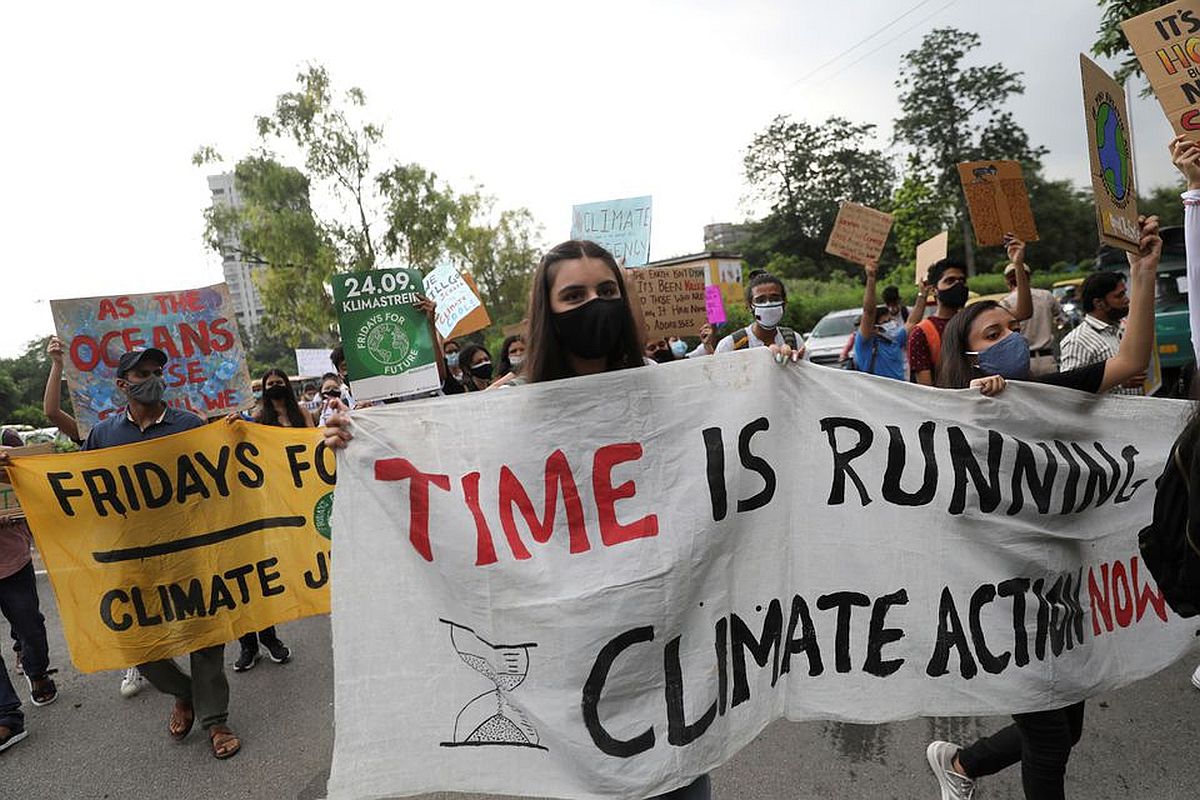
New Delhi, Oct 17 (PTI) Moody's Ratings on Thursday said India has made rapid progress building its renewables capacity, but its fast-growing economy and expanding population will drive up carbon-intensive product demand.
Moody's expects India to remain one of the fastest growing economies in the world with real GDP growing 7.2 per cent in 2024 and 6.6 per cent in 2025.
The country is likely to sustain similarly high rates of growth over the next decade, it said.
"With a rising population and industrialization, this will drive higher energy needs. Increasing household incomes will also bolster demand for energy-intensive products such as automobiles," Moody's Ratings said.
India's share of global greenhouse gas (GHG) emissions increased to 7.5 per cent in 2022, from 6.7 per cent in 2019.
The government's ability to attract private investment and address negative spillovers from decarbonization, including job losses in legacy industries, will determine whether India's credit exposure to carbon transition and social risks rises further, the Moody's report titled Carbon Transition - India said.
India has committed to achieve net-zero emissions by 2070, and some progress has been made toward its 2030 interim decarbonization milestones. But, the country's fast-expanding economy will continue to drive up GHG emissions.
India was the world's third-largest GHG emitter as of 2022, but its per capita emissions are still lower than other major economies, highlighting scope for further gains, Moody's said.
Electricity and heating is the highest-emitting sector, while agriculture accounts for 22 per cent of emissions -- double the world average -- partly reflecting methane emissions, with livestock and dairy making significant contributions.
India has expanded its renewable energy capacity on the back of strong policy support and private-sector investment. But decarbonization in transportation and the wider economy has been slower. To accelerate the transition, the government is rolling out a compulsory emissions trading mechanism that it plans to formally launch in 2026.
India has high credit exposure to environmental risks, including rising temperature, water stress and pollution.
The country is also highly exposed to social risks, given income inequality, health and safety concerns, and limited access to basic services. Growing climate-related shocks could increasingly impair activity in sectors such as agriculture and informal services, and exacerbate economic and social risks, Moody's said.
Early investment in transition would mitigate these risks, but financing needs will be sizable, it said.
India's private sector bears almost two-thirds of climate mitigation investment currently and is likely to continue to contribute significantly.
The government is unlikely to ramp up spending to close the investment gap given its emphasis on fiscal consolidation, Moody's said.
Moody's expects India to remain one of the fastest growing economies in the world with real GDP growing 7.2 per cent in 2024 and 6.6 per cent in 2025.
The country is likely to sustain similarly high rates of growth over the next decade, it said.
"With a rising population and industrialization, this will drive higher energy needs. Increasing household incomes will also bolster demand for energy-intensive products such as automobiles," Moody's Ratings said.
India's share of global greenhouse gas (GHG) emissions increased to 7.5 per cent in 2022, from 6.7 per cent in 2019.
The government's ability to attract private investment and address negative spillovers from decarbonization, including job losses in legacy industries, will determine whether India's credit exposure to carbon transition and social risks rises further, the Moody's report titled Carbon Transition - India said.
India has committed to achieve net-zero emissions by 2070, and some progress has been made toward its 2030 interim decarbonization milestones. But, the country's fast-expanding economy will continue to drive up GHG emissions.
India was the world's third-largest GHG emitter as of 2022, but its per capita emissions are still lower than other major economies, highlighting scope for further gains, Moody's said.
Electricity and heating is the highest-emitting sector, while agriculture accounts for 22 per cent of emissions -- double the world average -- partly reflecting methane emissions, with livestock and dairy making significant contributions.
India has expanded its renewable energy capacity on the back of strong policy support and private-sector investment. But decarbonization in transportation and the wider economy has been slower. To accelerate the transition, the government is rolling out a compulsory emissions trading mechanism that it plans to formally launch in 2026.
India has high credit exposure to environmental risks, including rising temperature, water stress and pollution.
The country is also highly exposed to social risks, given income inequality, health and safety concerns, and limited access to basic services. Growing climate-related shocks could increasingly impair activity in sectors such as agriculture and informal services, and exacerbate economic and social risks, Moody's said.
Early investment in transition would mitigate these risks, but financing needs will be sizable, it said.
India's private sector bears almost two-thirds of climate mitigation investment currently and is likely to continue to contribute significantly.
The government is unlikely to ramp up spending to close the investment gap given its emphasis on fiscal consolidation, Moody's said.
Source: PTI
Read More On:
DISCLAIMER - This article is from a syndicated feed. The original source is responsible for accuracy, views & content ownership. Views expressed may not reflect those of rediff.com India Limited.
You May Like To Read
TODAY'S MOST TRADED COMPANIES
- Company Name
- Price
- Volume
- Standard Capital
- 1.05 ( -19.85)
- 157785386
- Vodafone Idea L
- 9.06 ( -2.48)
- 34033107
- Srestha Finvest
- 0.79 ( -3.66)
- 28622890
- Filatex Fashions
- 1.06 (+ 4.95)
- 23211457
- Spicejet Ltd.
- 61.15 ( -4.54)
- 18185088
MORE NEWS

Wipro Q2 Profit Surges 21.2%, Announces 1:1...
Wipro's net profit for Q2 FY25 rose 21.2% to Rs 3,208.8 crore. The company also...

Bajaj Auto Shares Plunge 13% After Q2 Earnings
Bajaj Auto shares tumbled over 13% after reporting a 31% decline in Q2 profit,...

Nirala World Buys Land in Greater Noida for...
Nirala World has acquired 2.6 acres of land in Greater Noida for Rs 180 crore to build...



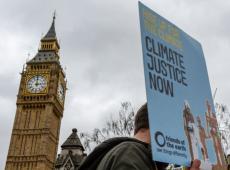
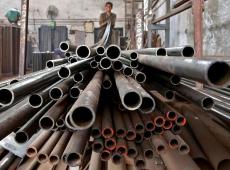
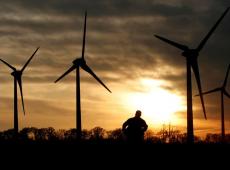
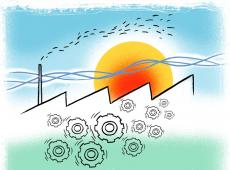
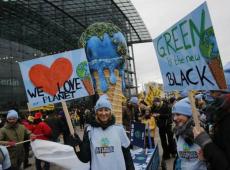

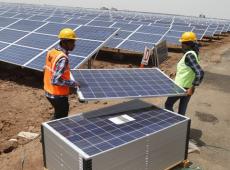
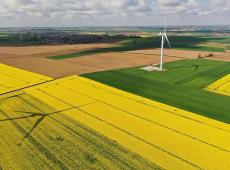

 © 2024 Rediff.com India Limited. All rights reserved.
© 2024 Rediff.com India Limited. All rights reserved.